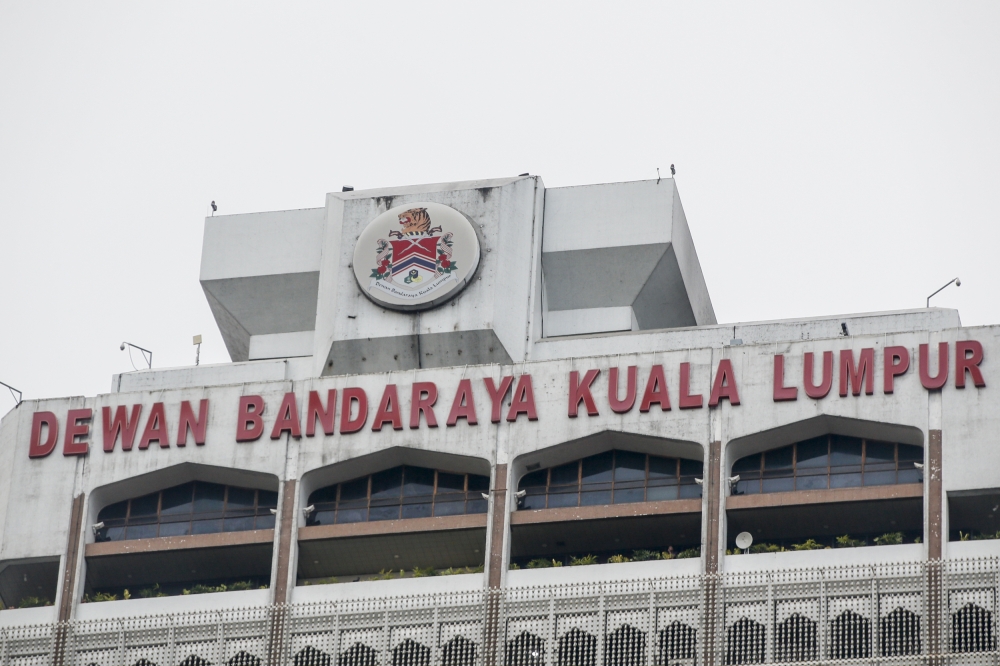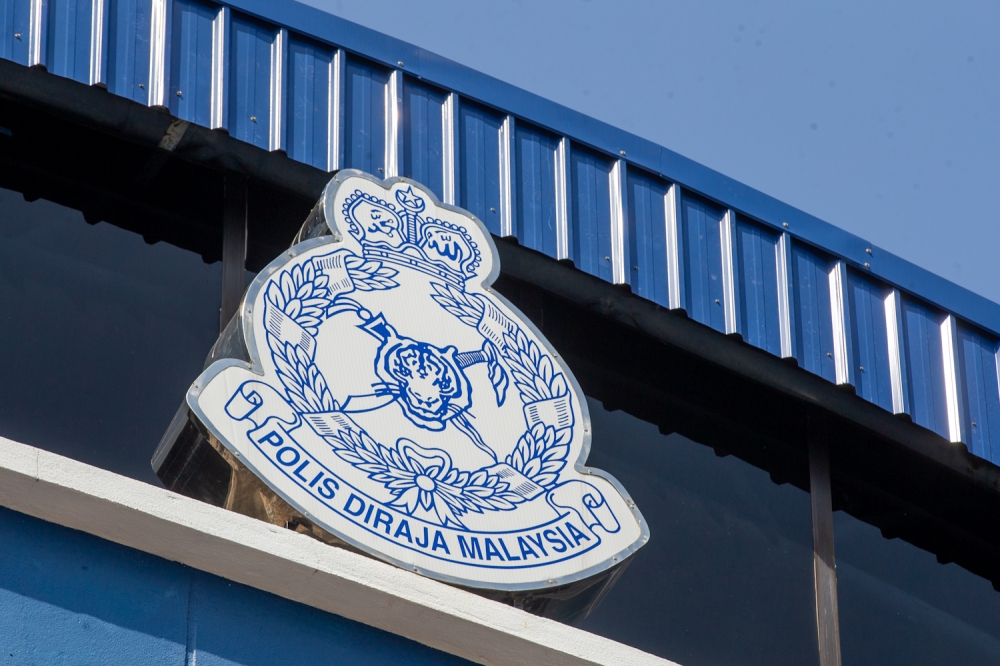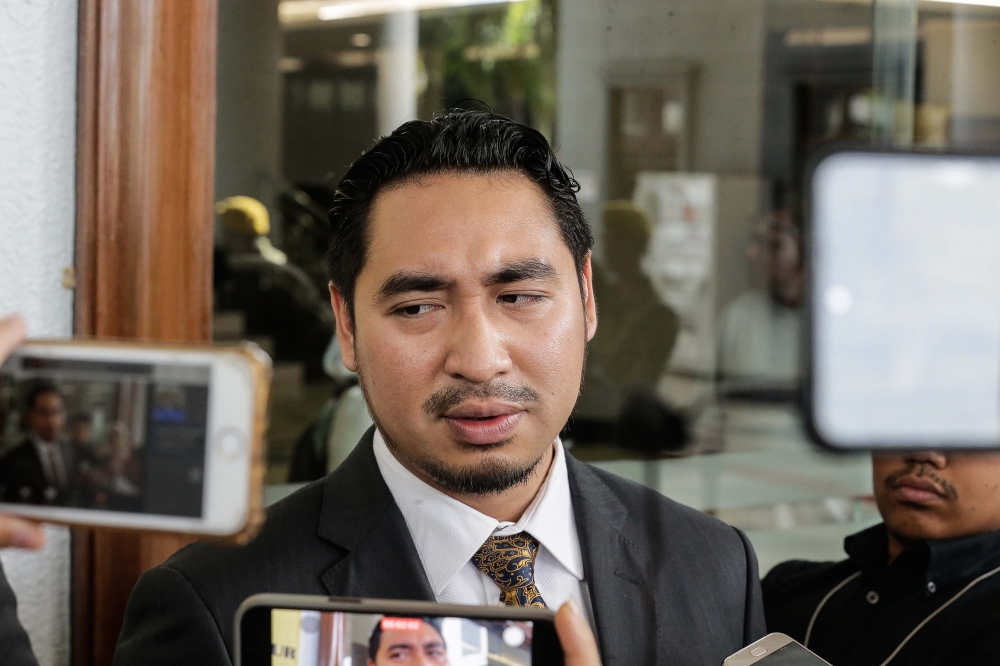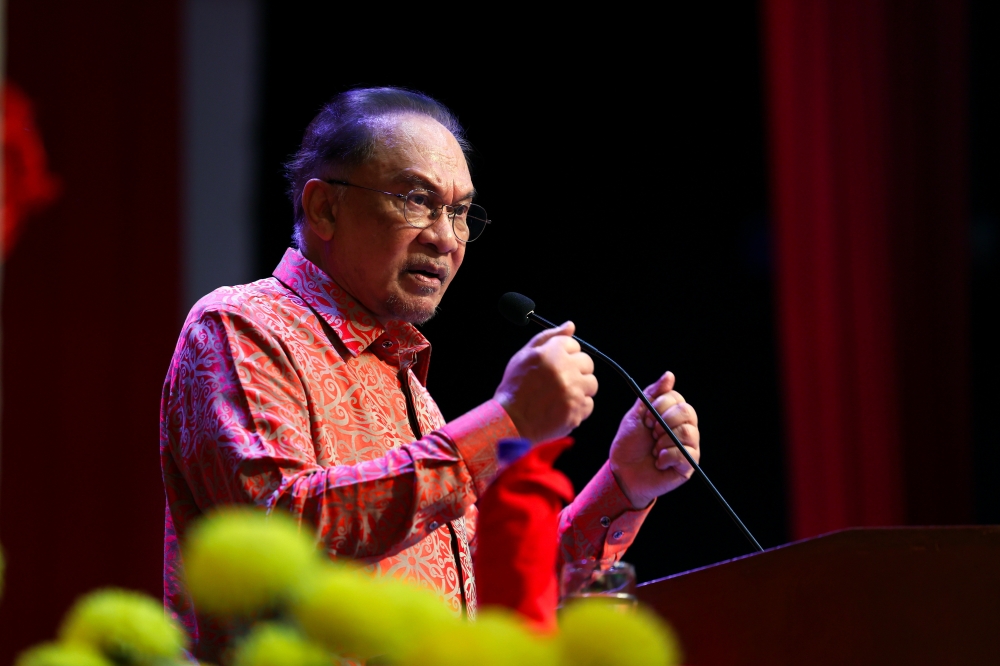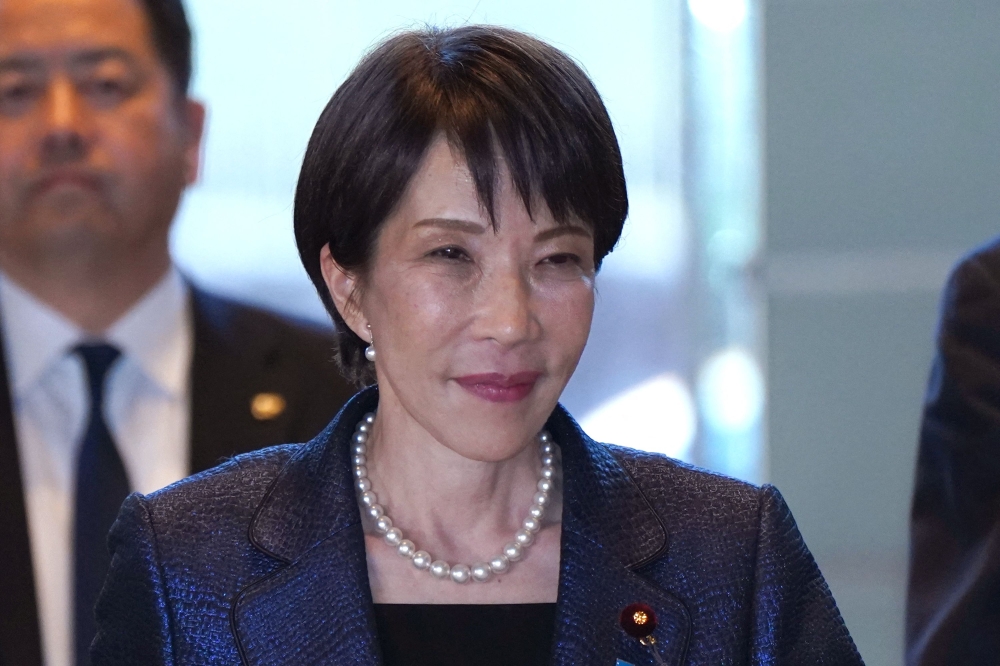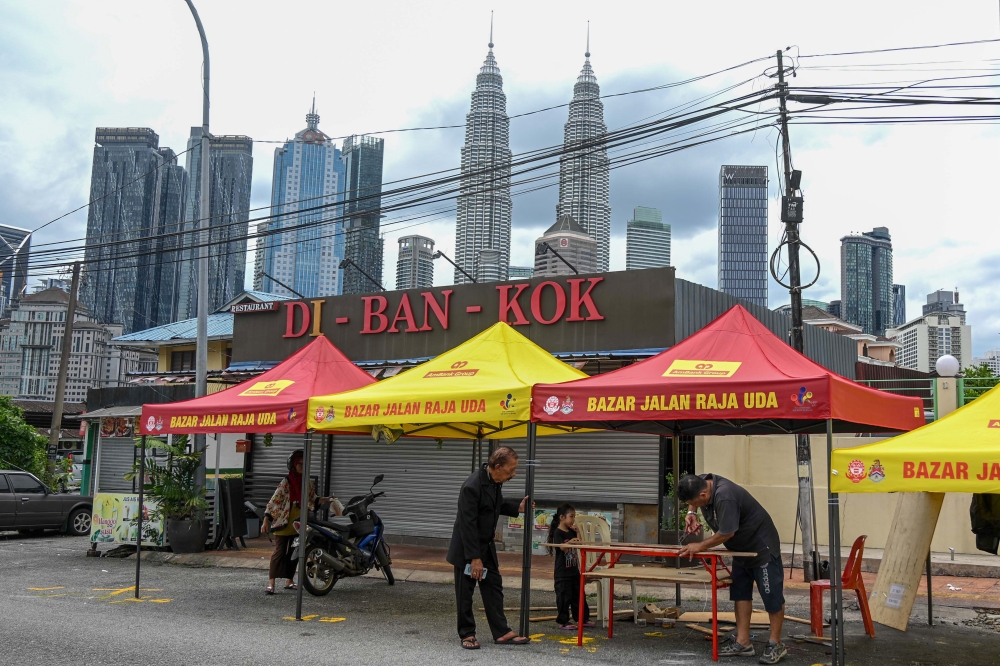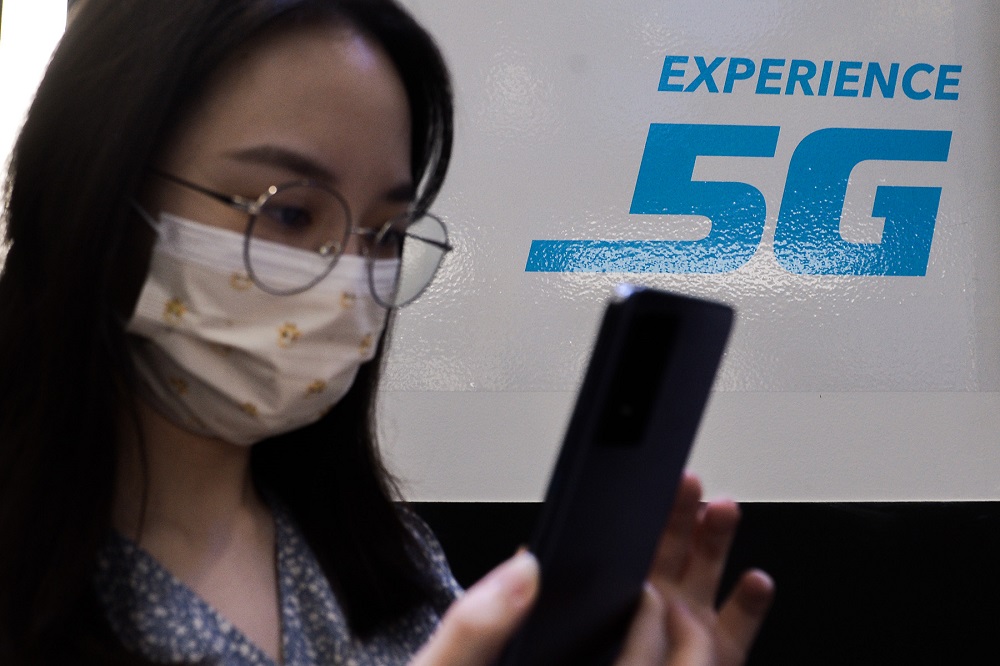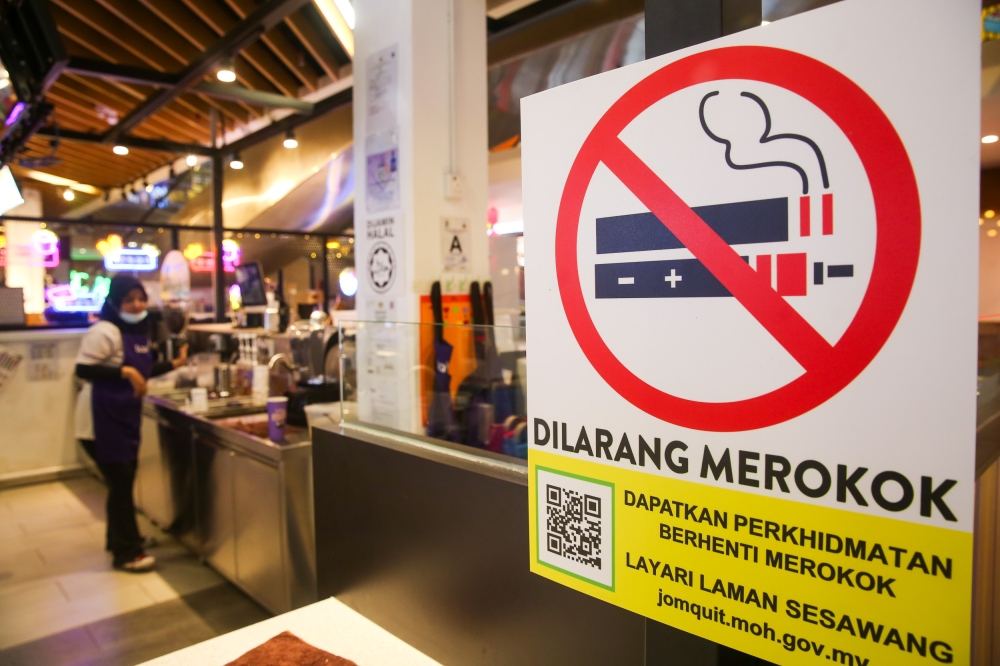KUALA LUMPUR, Feb 12 — Digital Nasional Berhad (DNB) said giving private companies the power to operate a second 5G single wholesale infrastructure risks upending the government’s plan to make the high-speed internet technology affordable.
Its chief executive Ralph Marshall warned that a dual wholesale network will have “enormous implications”, including raising the likelihood of creating a monopoly by private mobile network operators.
Marshall was responding to suggestions for the government to consider allowing a second wholesale 5G infrastructure provider to operate concurrently with DNB, in the form of a consortium comprising private mobile network operators (MNOs) ostensibly to make way for competition.
“DNB would like to emphasise that there will be enormous implications should the Government decide on having a dual wholesale network (DWN),” Marshall wrote in a 20-page letter addressed to Bangi MP, Ong Kian Ming.
“It is highly unlikely that DNB in its current form will survive should there be another wholesale network provider. With the failure of DNB, the second wholesale provider will then eventually become a private SWN monopoly.”
Marshall stopped short of explaining why a dual network provision system would cause the collapse of DNB.
In a letter penned for a news portal, Ong had asked DNB to address 15 questions about its decision to employ the single wholesale network model to roll out the 5G technology, echoing concerns by critics that the approach would create a monopoly, raise prices at the expense of efficient services.
One of the questions the DAP leader had raised was if DNB would consider another network infrastructure provider to partner with the current provider to reduce the risk of deployment failure and to increase the speed of 5G expansion.
Marshall said DNB’s failure, caused by competition from private players, will also have financial, legal and reputational implications for the country.
“Firstly, the government will be subjected to pay substantial amounts of claims and compensation, including early termination penalties of various types of contracts, for the entire operations of DNB,” he said.
“Furthermore, the reversal of the SWN decision will have a serious impact on the credibility of the Government and the inflow of FDI, especially investments in the high-impact technology sector.”
DNB was formed as part of the government’s digitalisation blueprint set out in the 12th Malaysia Plan, with the rollout of the 5G infrastructure being a key pillar towards realising growth for the next five years.
Marshall said 5G is no longer just about telecommunications and mobile network operators like 2G, 3G and 4G but a basic utility like electricity and water that is essential for quality of life and livelihood.
The SWN model, whereby the spectrum would be sold to MNOs at cost price, was chosen as a way to keep 5G cheap, DNB said.
The decision has drawn allegations that the government is trying to squeeze out private companies. But DNB said the case for SWN is “very strong”, given the conflicting interests of private telecommunications companies to serve only in areas that yield the highest profit, which is blamed for the current coverage gap between urban and rural areas.
The government saw DNB and the SWN model as a way for a neutral party to implement the technology, arguing that there will be no conflict of interest that could circumvent the timing and extent of the rollout of the 5G network.
“Telcos would prefer to extract maximum benefit from (or ‘sweat’) their 4G assets for as long as possible before making the transition to 5G,” Marshall said.
“This would have delayed the country’s rollout, putting Malaysia even further behind regional neighbours like Singapore, Vietnam, Philippines, Thailand, and Indonesia — all of whom introduced 5G as early as 2019.”
Discussions around Malaysia’s 5G infrastructure first began as far back as 2018 with the establishment of the National 5G Task Force. A year later, its “National 5G Task Force Report” was published.
This was followed by the Malaysian Communications and Multimedia Commission (MCMC) December 2019 “Final Report on Allocation of Spectrum Bands for Mobile Broadband Service in Malaysia”, where the idea of a “single entity for 5G network” was first mooted.
In that report, the MCMC had proposed for the 5G spectrum bands to be allocated to a single entity consortium, formed by multiple telecommunications operators, rather than allocating these bands to individual licensees.






